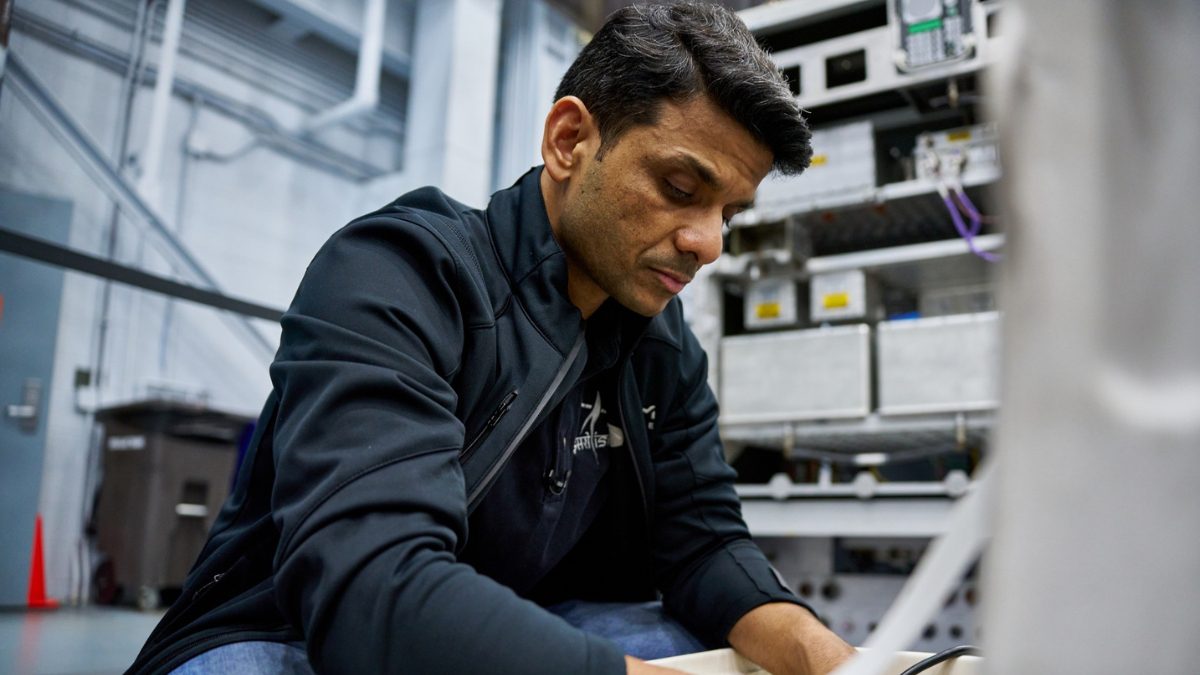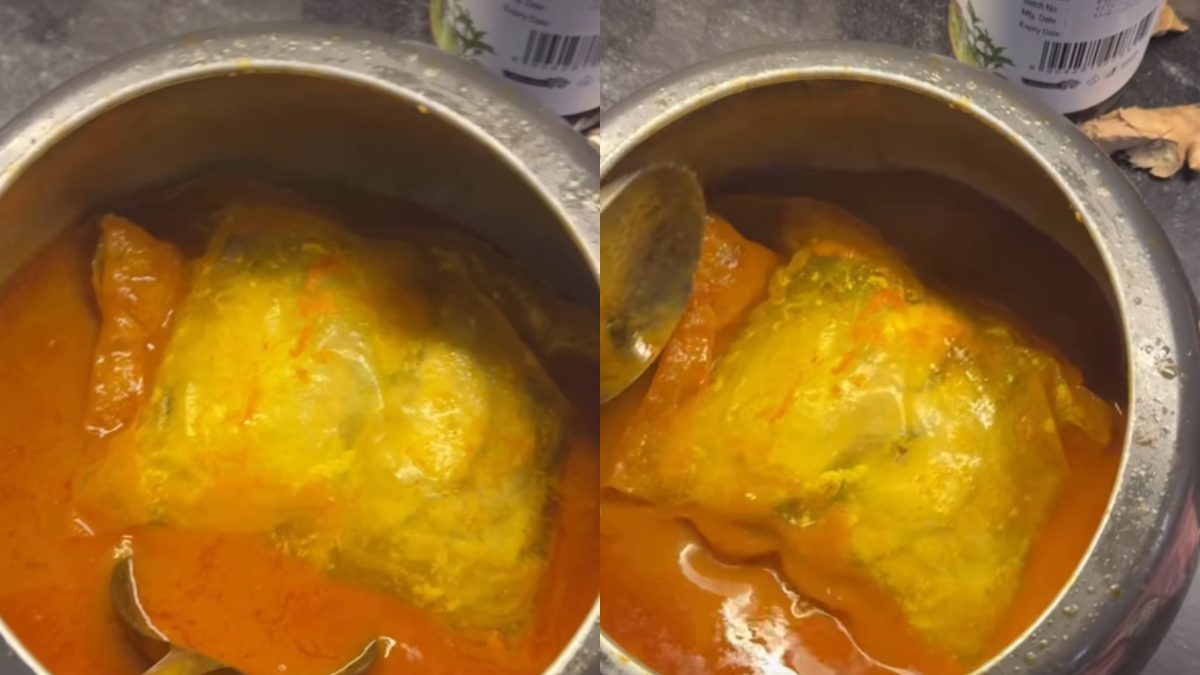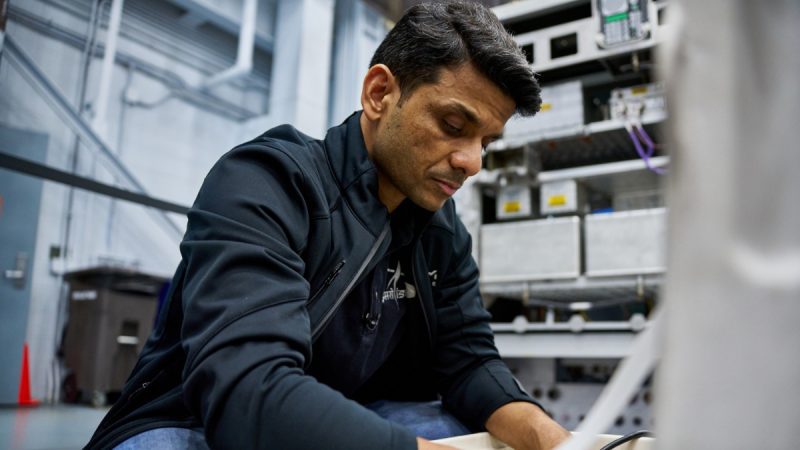In a historic announcement this Saturday, Union Minister for the Department of Space, Dr. Jitendra Singh, has just made an exciting announcement: Group Captain Shubhanshu Shukla, one of India’s first trained astronauts, will serve as Mission Pilot for the Axiom Mission 4 (Ax-4) to the International Space Station (ISS). He won’t just be flying through space but leading India’s first-ever space biology experiments.
Captain Shubhanshu Shukla Joins Axiom-4 Crew As Mission Pilot
Captain Shukla is part of India’s first team of astronauts trained specifically for human spaceflight. Flying alongside international space veterans like Commander Peggy Whitson (USA) and mission specialists from Europe, he will pilot the spacecraft launched by SpaceX’s Falcon 9 rocket under the management of Axiom Space.
The ambitious agenda of the Ax-4 mission is what makes it unique. Shubhanshu will conduct exclusive experiments onboard the ISS, developed through a unique collaboration between the Indian Space Research Organisation (ISRO), the Department of Biotechnology (DBT), and NASA, NDTV reported. These experiments will focus on space nutrition, a major issue on long missions.
Also Read: How Bili Hu Won Over India’s Luxury Hotels—One Sip, One Story, One Blend At A Time
Experiments On Space Farming And Nutrition
Captain Shubhanshu Shukla’s first experiment will focus on microalgae, a tiny but mighty organism packed with nutrients. According to the NDTV reports, Minister Jitendra Singh explained that these microalgae can grow quickly, absorb carbon dioxide, and release oxygen, making them an ideal sustainable food source and life support component in space.
Some species of microalgae grow in just 26 hours and produce more biomass per unit volume than traditional crops. On a spacecraft, this efficiency and convenience could prove to be priceless. The experiment will compare space conditions to Earth and study the effects of cosmic radiation and microgravity on their molecular biology and growth.
The mission’s second experiment will test cyanobacteria, specifically Spirulina and Synechococcus, known for their high protein and vitamin content. Their growth under microgravity with nitrogen sources (like urea) will be tested. This could prove to be a great recycling initiative in space.
These experiments will be conducted using biotechnology kits designed and validated by Indian scientists under the Department of Biotechnology. Customised to work perfectly in microgravity, these kits are a brilliant example of Atmanirbhar Bharat. Dr. Jitendra Singh called it a major milestone, showing that Indian science can deliver world-class innovation, NDTV reported.
These exciting initiatives put India at the forefront of space innovation, playing its part in understanding space better than ever.
Cover Image Courtesy: Axion Space/Facebook
For more such snackable content, interesting discoveries and the latest updates on food, travel and experiences in your city, download the Curly Tales App. Download HERE. First Published: June 01, 2025 11:57 AM




